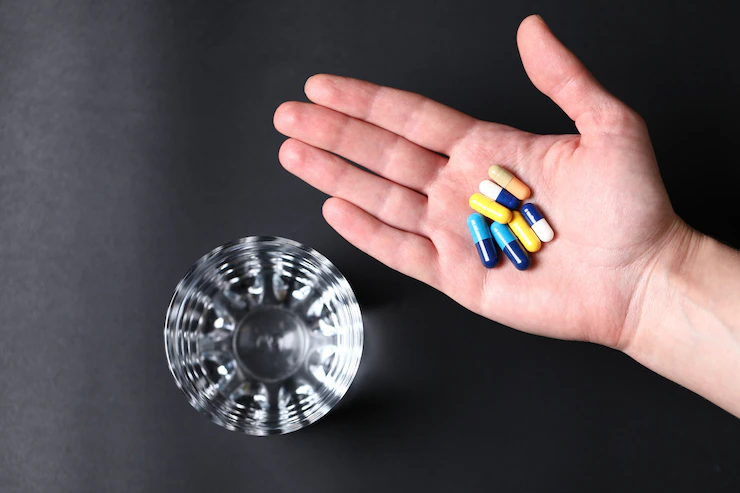Being diagnosed with a sexually transmitted infection (STI) can have profound psychological and emotional effects on individuals. The stigma, fear, and anxiety associated with STIs can significantly impact mental well-being and quality of life. In this article, we will explore the psychological and emotional effects of living with an STI, discuss common challenges, and offer guidance on coping strategies and seeking support.
- Stigma and Shame: One of the primary psychological challenges of living with an STI is the stigma and shame attached to it. Society often holds negative judgments and misconceptions about STIs, leading to feelings of guilt, embarrassment, and self-blame. These emotions can erode self-esteem and self-worth, creating a significant emotional burden.
- Anxiety and Fear: Living with an STI can evoke anxiety and fear, both in terms of personal health and the potential for transmitting the infection to others. The fear of rejection, judgment, and disclosure can be overwhelming. Anxiety may also arise from concerns about the long-term impact of the infection and its potential complications.
- Relationship Challenges: Having an STI can affect relationships, both romantic and platonic. Individuals may experience difficulties in disclosing their status to partners, fearing rejection or judgment. Trust and intimacy may also be affected, leading to relationship strain or the avoidance of new relationships altogether.
- Impact on Mental Health: The psychological and emotional effects of living with an STI can contribute to the development or exacerbation of mental health conditions such as depression, anxiety disorders, and body image issues. The constant worry and distress associated with the infection can take a toll on overall mental well-being.
- Coping Strategies: Coping with the psychological and emotional effects of living with an STI is crucial for overall well-being. Here are some strategies that can help:a. Education and Awareness: Educate yourself about the infection, its transmission, and treatment options. Understanding the facts can help dispel misconceptions and reduce anxiety.b. Seek Support: Reach out to healthcare providers, support groups, or online communities where you can connect with others who share similar experiences. Talking openly about your feelings and concerns can provide validation and support.c. Practice Self-Care: Prioritize self-care activities that promote overall well-being, such as exercise, healthy eating, getting enough sleep, and engaging in hobbies. Taking care of your physical and mental health is vital during this time.d. Communicate with Partners: Open and honest communication with sexual partners is crucial. Discuss your STI status, provide accurate information, and address any concerns or questions they may have. This can foster trust, understanding, and informed decision-making.e. Challenge Stigma: Challenge societal stigmas surrounding STIs by advocating for accurate information and promoting acceptance and support. Engage in conversations that help reduce shame and judgment associated with STIs.
- Professional Help: If you find that the psychological and emotional effects of living with an STI are overwhelming or affecting your daily life, consider seeking professional help. Mental health professionals can provide guidance, support, and therapy to help navigate the emotional challenges associated with an STI diagnosis.
Remember, living with an STI does not define your worth or your ability to have fulfilling relationships. With time, support, and self-care, it is possible to maintain a positive outlook, cultivate healthy relationships, and prioritize your overall well-being.










